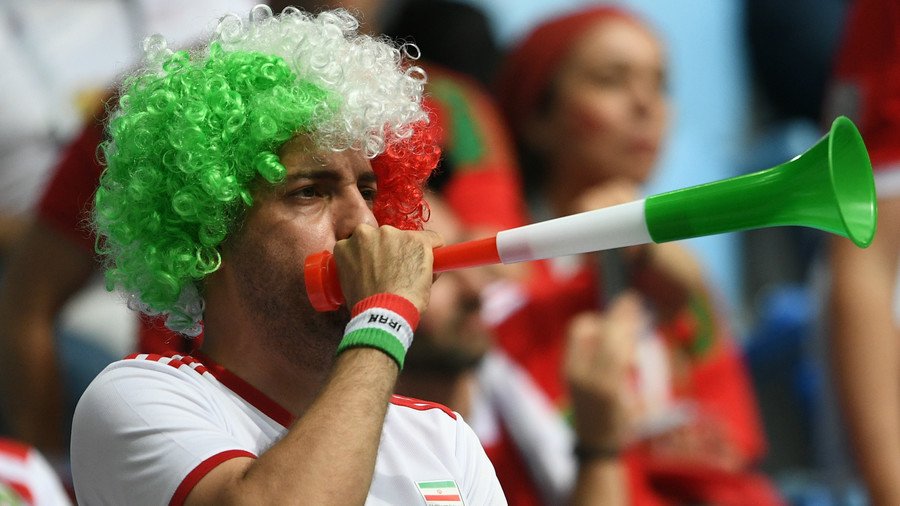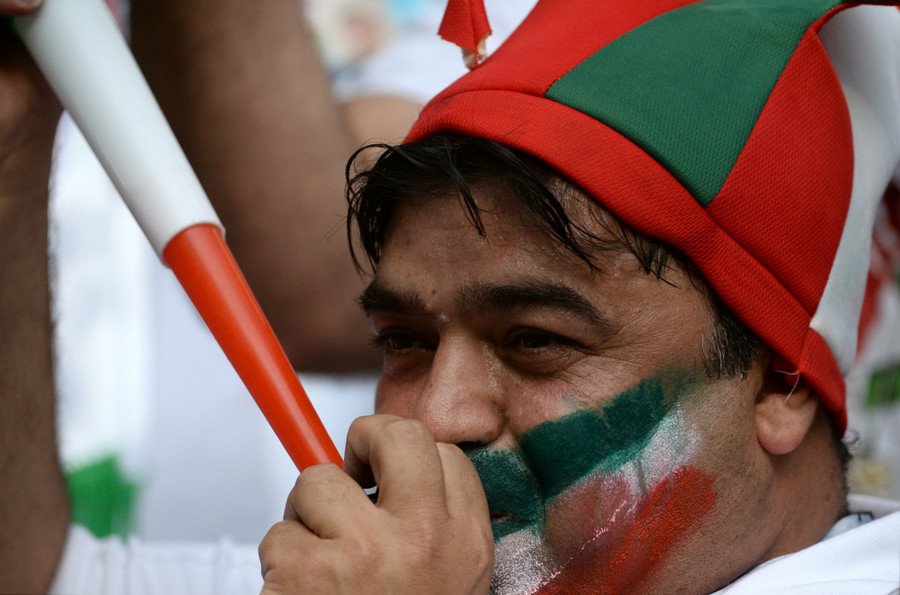News
The vuvuzela made an unwelcome World Cup comeback at Friday’s Morocco v Iran match

Eight years after they became the most reviled musical instruments ever to be heard at an organized sporting event, the infamous and unmistakable sound of the vuvuzela has, once again, made a comeback at the Russia 2018 World Cup.
Despite being banned by FIFA ahead of the World Cup in Brazil four years ago, it appears as though the plastic horn was granted a reprieve ahead of Russia 2018, its droning hum providing the soundtrack to Friday’s Group B opener between Morocco and Iran – and the reaction online has been predictably negative.
SEE MORE: World Cup Russia 2018 Day 3: Fans-eye-view #FOOTWALL
The musical instrument, and we use that term loosely, has also been banished from Premier League stadiums across England but it seems that legislation doesn’t extend as far as the northern capital of Russia where it made its unwelcome comeback, courtesy of the army of Moroccan fans inside Saint Petersburg Stadium.

Vuvuzelas, which can emit a noise up to 120 decibels loud, have been known to induce hearing loss when people are exposed to it for a prolonged period, and were so reviled –by British football fans in particular– that the BBC considered implementing technology to remove the sound from their broadcasts.
The governing body of football in Europe clearly wasn’t a big fan either.
READ MORE: Rouhani cheers Iran’s World Cup win against Morocco wearing team jersey (PHOTOS)
“UEFA feels that the instrument's widespread use would not be appropriate in Europe,” UEFA announced in a statement, following the conclusion of the World Cup in 2010.
“The magic of football consists of the two-way exchange of emotions between the pitch and the stands, where the public can transmit a full range of feelings to the players," they added. "UEFA is of the view that the vuvuzelas would completely change the atmosphere, drowning supporter emotions and detracting from the experience of the game.”
Don’t tell me those damn vuvuzelas are back #WorkdCup #MARIRN
— Daisy Monk (@Daisywild28) June 15, 2018
Is it the return of the vuvuzela? What is that constant buzzing noise? It’s making the game difficult to watch 🙉 #WorldCup
— Rob Wilson (@RobWilsonF1) June 15, 2018
There is one positive for football fans the world over, however. Morocco, chief instigators of the vuvuzela revival, lost out in their attempt to host the 2026 World Cup, beaten by the joint US/Canada/Mexico bid, which means, thankfully, the vuvuzela’s imprint on major international football tournaments will be a temporary one.